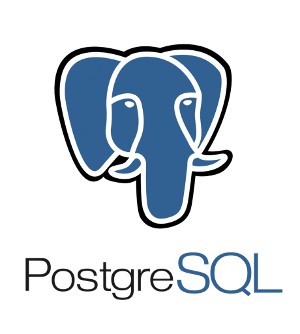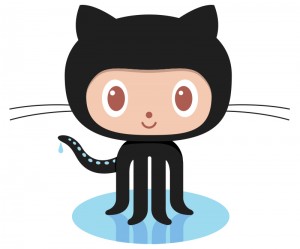We’re going to take the scenic route in getting to the point today. If you don’t want to wait, you can go down to the bottom where it says, “The moral of the story…” But the point of today’s exercise is that we in the decentralized FOSS realm are a creative bunch, and in that creativity is our strength.

The Starbucks in San Jose near James Lick High School seems to always be abuzz — kids from the school come in for coffee and other Starbucks treats, all the while being served by a quick and helpful staff, one of whom couldn’t stop talking in loud tones about his new opportunity in a nearby, more prestigious Starbucks.
The after-school high school crowd seems to be supplanted, eventually, by moms picking up their elementary school-aged children and bringing them to Starbucks. While I’m sitting in a way-too-comfortable chair, two girls walk up to me.
They stare. I look up, smile, and go back to work. I can still feel them staring at me.
One points and says, “elefante,” which is Spanish for “elephant.”
Okay, kid, I know I need to drop a few pounds, but do you know how hard it is to do at my age…?
The other kid points and says, “pinguino,” and it dawns on me, finally, that they’re not pointing at me, but at the ThinkPad’s sticker-laden cover which includes, among other things, the PostgreSQL elephant and Troy, the SCALE penguin.
Mustering up all the Spanish my brain can recall from my youth in Miami –- most of which has been supplanted with the Japanese of my adult life and which makes for some curious Spanish/Japanese sentences when I try to speak Spanish now –- I decide to join the conversation about my laptop cover.
[I didn’t think of it at the time, but I could have fallen back on Google Translate – next time.]
“Si, un elefante,” I said, pointing to the PostgreSQL sticker. “El nombre es…”
“Dumbo!” The younger of the two girls shouts. Apparently, this is hilarious, and the girls are now nearly bent over laughing.
“No, no, no –- es Slonik,” I answer, laughing. “Y el penguino es Troy.” Of course, if I knew enough Spanish, I could explain that SCALE’s Troy gets his name thanks to the USC connections to the original show.
The laptop also has a “tortuga” — the Cumulus turtle with a rocket on its back — and the obligatory, um, “zorro del fuego” (“fox of fire,” or Firefox), a “boa” constrictor thanks to our friends at O’Reilly, and the ubiquitous GNU gnu, though I had to fall back on “vaca” (“cow”) because I couldn’t think of how to say “gnu” in Spanish, though I bet it’s painfully easy.

Ocho pies. Eight feet. Hmmm, that’s not exactly what I wanted to say.
While I was trying to come up with the Spanish word for “legs,” not “feet,” mom came to the rescue, saying something sternly to the girls and apologizing to me. I told her it was fine, I wasn’t really busy (I really wasn’t) and, frankly, I welcomed the break.
The moral of the story, looking at the ThinkPad cover while they left, is this: I realized that there were no high-priced ad agencies designing the logos, no focus groups poring over the designs to see which logo works, and finally providing things like four boxes or a stylized, albeit bitten, piece of fruit.
But there is this: a lot of creativity in the starting blocks in the service of providing software, symbolized by a somewhat large menagerie of animals, and even fictional imps from the nether world on the BSD side of things.
That, among a wide range of other things, makes us stand out and, in the process, outstanding.









Fun article Larry. Really points out that creativity has little to do with design by committee. BTW the Spanish word for gnu is “ñu”, pronounced like ” new” in a sorta British accent.